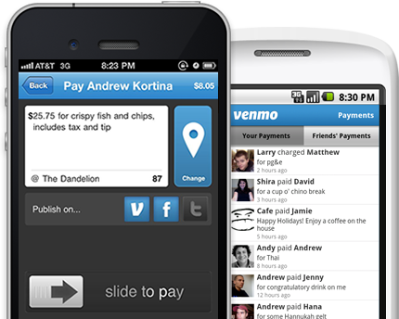 “Neither a borrower nor a lender be; for loan oft loses both itself and friend.”
“Neither a borrower nor a lender be; for loan oft loses both itself and friend.”
Polonius’s sage advice handed down throughout the generations lost its urgency for Penn students a year ago.
Venmo, a startup by Penn graduates Andrew Kortina and Iqram Magdon-Ismail, has revolutionized reciprocity between friends by making payments via mobile phone possible.
Venmo tries to set a precedent of reliability between friends, which is reinforced by the “charge” feature, where you can request reimbursement, minimizing delay. This makes people more willing to borrow and lend.
The brilliance of Venmo is that its business model builds on social community. Designed with the idea that friends would use the app to reimburse one another for cabs, lunch—you name it—the app allows users to connect their Facebook or G-mail to Venmo to search for peers.
Although the idea of Venmo already exists in the form of Paypal, this is the first time the technology introduces itself into the context of smart phones. Mack Center research questions how new entrants to an emerging, uncertain marketplace prevail over established companies; an issue that Venmo addresses by tailoring its chosen medium to the specific function it performs.
The founders’ linkage of the company with social media exploits the inherently social potential of the smart phone. If successful, the startup is worth looking at to study how using apps as a platform for business enhances a company’s performance.



